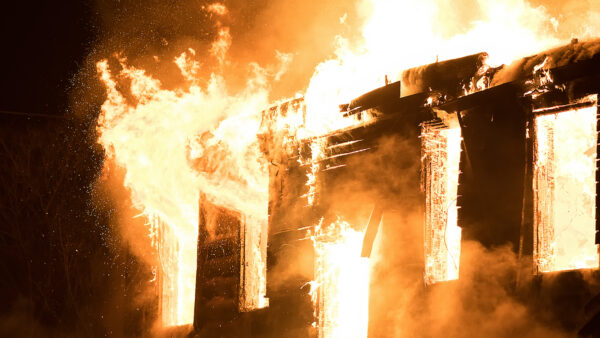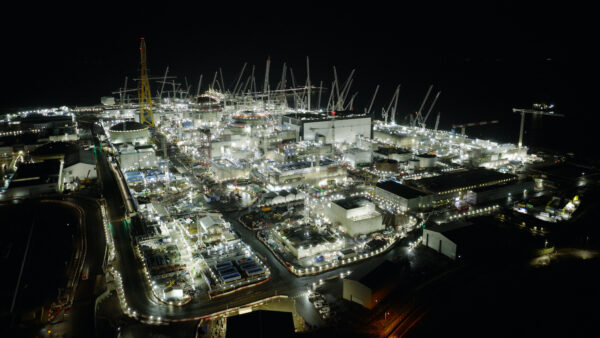Fraud in construction is commonplace, multi-faceted and is costing the UK industry billions, according to a report published this week by forensic experts at Grant Thornton.
The report cites a report from the Chartered Institute of Loss Adjusters in 2011, which estimated that fraudulent payments in construction could cost the industry up to 10% of its revenues.
This is not a paywall. Registration allows us to enhance your experience across Construction Management and ensure we deliver you quality editorial content.
Registering also means you can manage your own CPDs, comments, newsletter sign-ups and privacy settings.

Prevalence of different types of fraud in the UK
It refers to a 2012 survey of members of the Chartered Institute of Purchasing and Supply, under the government’s Annual Fraud Indicator assessment, where 40% said that construction was at greatest risk of procurement fraud.
And it quotes Transparency International’s Global Corruption Barometer 2013, which showed that 65% of respondents considered that levels of corruption across the general economy had increased in the UK in the past two years.
Grant Thornton concludes that UK construction businesses and clients are at high risk of being defrauded through bid/contract rigging or collusion, and change order manipulation, although theft or material substitution is classified as medium risk.
Examples of fraud cited in the report include the manipulation of percentage completion schedules, triggering early payments, and change order and add-ons introduced post-tender award.
In one case, stage payments were made to a falsified recipient company rather than the actual contractor, leading to a £680,000 fraud.
Speaking to CM, Grant Thornton partner Sterl Greenhalgh and director Colin Johnson said they had come across a far simpler fraud perpetrated on a client, who had paid for the same wall to be repainted seven times.
Johnson said: “One of the key points is that cyber security is the buzz word, it always appears to be in the media and dominates boardroom discussions. The more traditional forms of fraud get pushed down the agenda, but potentially the amounts involved are considerable.
“Businesses need to get it onto the board agenda, and bring in a methodology to mitigate the risks.”
Greenhalgh said that many Grant Thornton clients typically insist they do have robust payment authorisation procedures in place, but fail to actively monitor their effectiveness, or appoint an external auditor to challenge their internal processes.
“Yes, you’ve got the procedures in place, but are people following them? You might have a system where cheques are pre-signed because the right people aren’t in the office, or there might be a system where someone has to approve 35 invoices on an Oracle system.
“So they hit ‘authorise’ – but have they looked at the supporting documents? Then the second signatory thinks ‘I trust my colleague’ and does the same thing.”
He suggested that Twickenham’s hospitality suites will be full of construction suppliers hosting construction buyers in the coming weeks. “Once you’re a bit pally with someone, you’re compromised,” he warned.
Read Graham Hand’s comment: Why we’re no more ethical than anyone else













